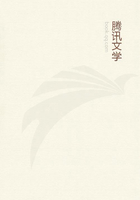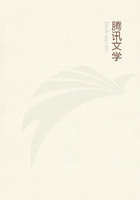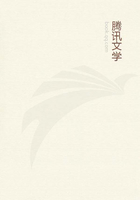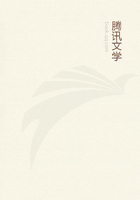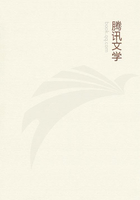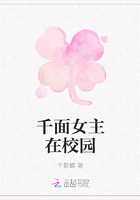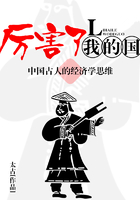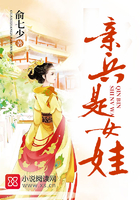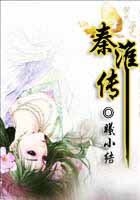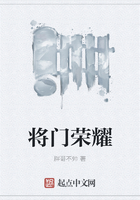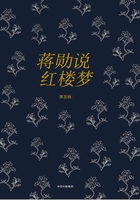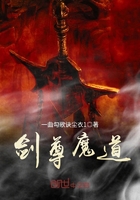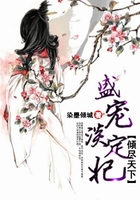Nurtured by the East India Company, vainly combated by the Central Government at Pekin, the opium trade gradually assumed larger proportions, until it absorbed about $2,500,000 in 1816. The throwing open in that year of the Indian commerce, with the single exception of the tea trade, which still continued to be monopolized by the East India Company, gave a new and powerful stimulus to the operations of the English contrabandists. In 1820, the number of chests smuggled into China had increased to 5,147; in 182I to 7,000, and in 1824 to 12,639. Meanwhile, the Chinese Government, at the same time that it addressed threatening remonstrances to the foreign merchants, punished the Hong Kong merchants, known as their abettors, developed an unwonted activity in its prosecution of the native opium consumers, and, at its custom-houses, put into practice more stringent measures. The final result, like that of similar exertions in 1794, was to drive the opium depots from a precarious to a more convenient basis of operations.
Macao and Whampoa were abandoned for the Island of Lin-Tin, at the entrance of the Canton River, there to become manned. In the same way, when the Chinese Government temporarily succeeded in stopping the operations of the old Canton houses, the trade only shifted hands, and passed to a lower class of men, prepared to carry it on at all hazards and by whatever means. Thanks to the greater facilities thus afforded, the opium trade increased during the ten years from 1824 to 1834 from 12,639 to 21,785 chests.
Like the years 1800, 1816 and 1824, the year 1834 marks an epoch in the history of the opium trade. The East India Company then lost not only its privilege of trading in Chinese tea, but had to discontinue and abstain from all commercial business whatever. It being thus transformed from a mercantile into a merely government establishment, the trade to China became completely thrown open to English private enterprise which pushed on with such vigour that, in 1837, 39,000chests of opium, valued at $25,000,000, were successfully smuggled into China, despite the desperate resistance of the Celestial Government.
Two facts here claim our attention: First, that of every step in the progress of the export trade of China since 1816, a disproportionately large part progressively fell upon the opium-smuggling branch; and secondly, that hand in hand with the gradual extinction of the ostensible mercantile interest of the Anglo-Indian Government in the opium trade grew the importance of its fiscal interest in that illicit traffic. In 1837 the Chinese Government had at last arrived at a point where decisive action could no longer be delayed. The continuous drain of silver, caused by the opium importations, had begun to derange the exchequer, as well as the moneyed circulation of the Celestial Empire.
Heu Nailzi, one of the most distinguished Chinese statesmen, proposed to legalize the opium trade and make money out of it; but after a full deliberation, in which all the high officers of the Empire shared, and which extended over a period of more than a year's duration, the Chinese Government decided that, "On account of the injuries it inflicted on the people, the nefarious traffic should not be legalized." As early as 1830, a duty of 25 per cent would have yielded a revenue Of $3,850,000. In 1837, it would have yielded double that sum, but then the Celestial barbarian declined, laying a tax sure to rise in proportion to the degradation of his people. In 1853, Hien Fang, the present Emperor, under still more distressed circumstances, and with the full knowledge of the futility of all efforts at stopping the increasing import of opium, persevered in the stern policy of his ancestors. Let me remark, en Passant, that by persecuting the opium consumption as a heresy the Emperor gave its traffic all the advantages of a religious propaganda. The extraordinary measures of the Chinese Government during the years 1837, 1838 and 1839, which culminated in Commissioner Lin's arrival at Canton, and the confiscation and destruction, by his orders, of the smuggled opium, afforded the pretext for the first Anglo-Chinese war, the results of which developed themselves in the Chinese rebellion, the utter exhaustion of the Imperial exchequer, the successful encroachment of Russia from the North, and the gigantic dimensions assumed by the opium trade in the South. Although proscribed in the treaty with which England terminated a war, commenced and carried on in its defence, the opium trade has practically enjoyed perfect impunity since 1843. The importation was estimated, in 1856, at about $35,000,000, while in the same year, the Anglo-Indian Government drew a revenue Of $25,000,000, just the sixth part of its total State income, from the opium monopoly. The pretexts on which the second opium war has been undertaken are of too recent date to need any commentary.

